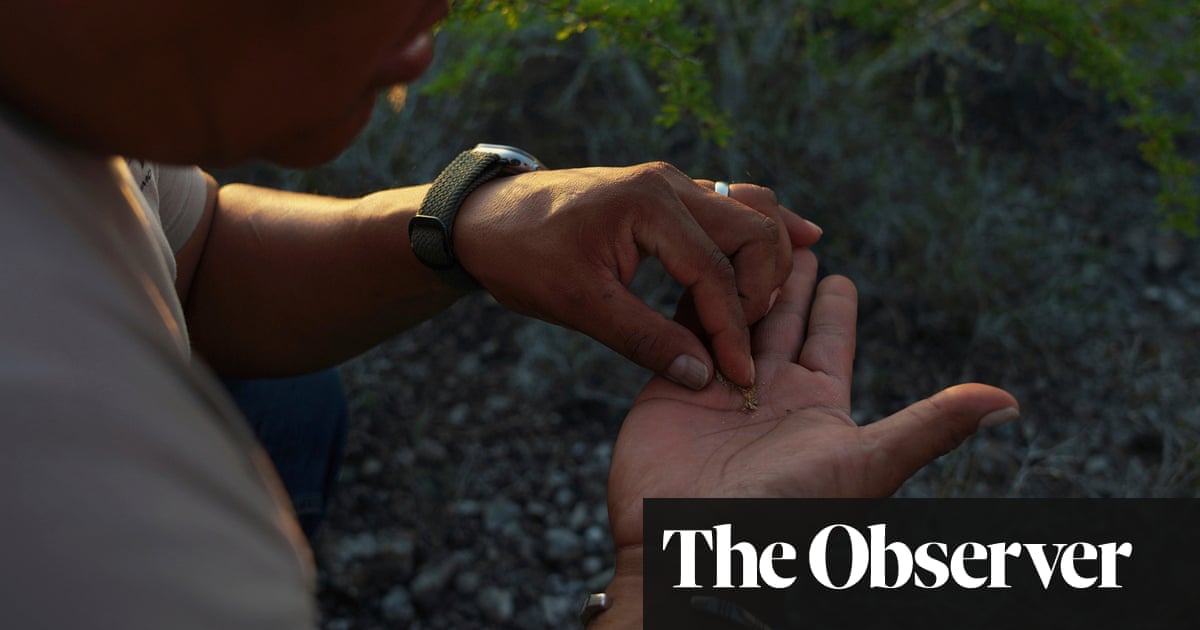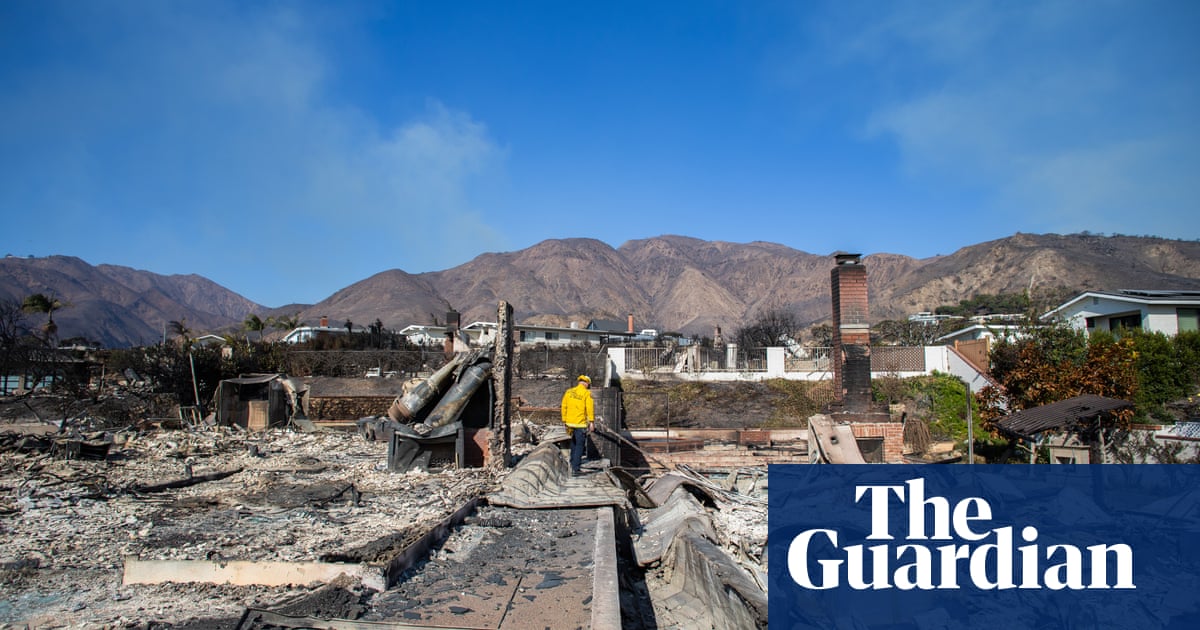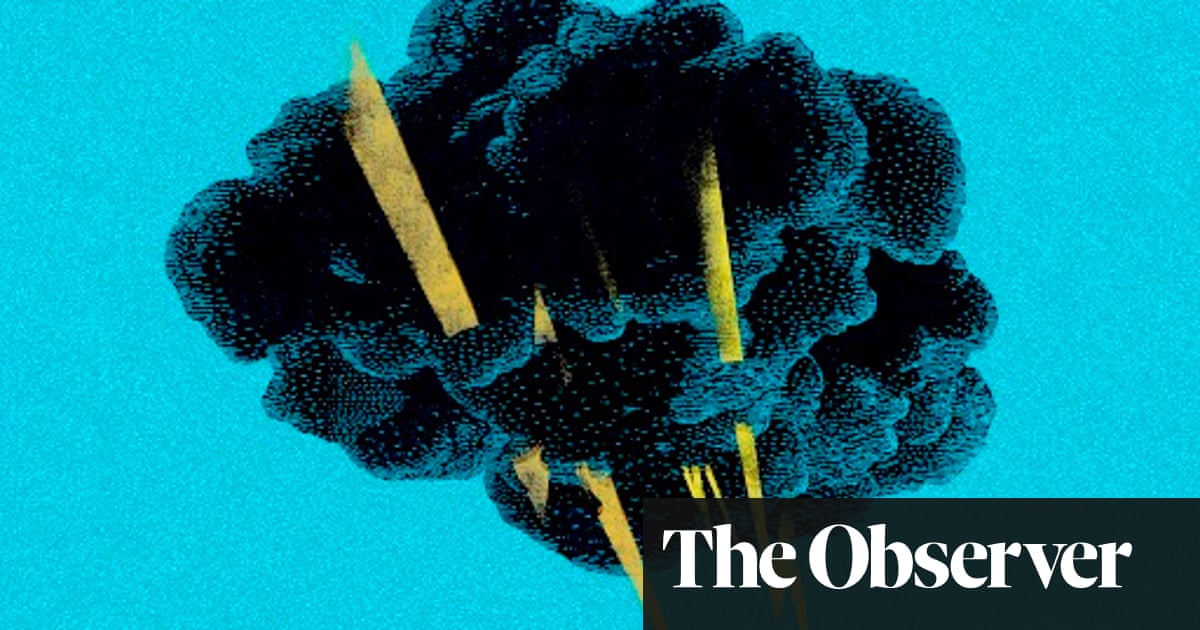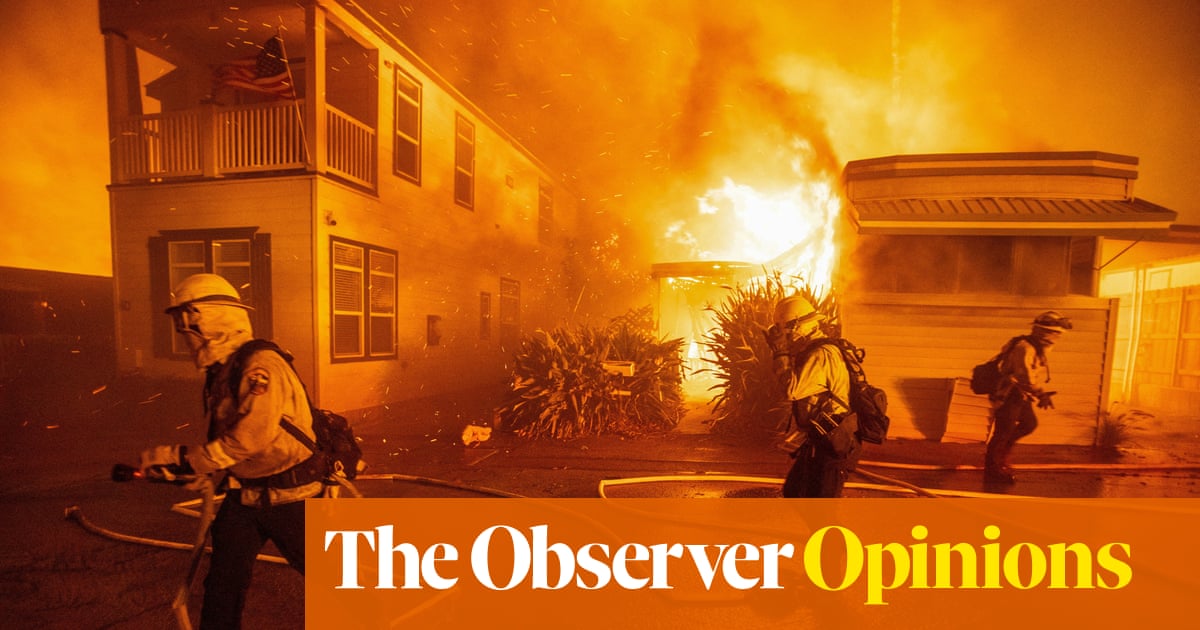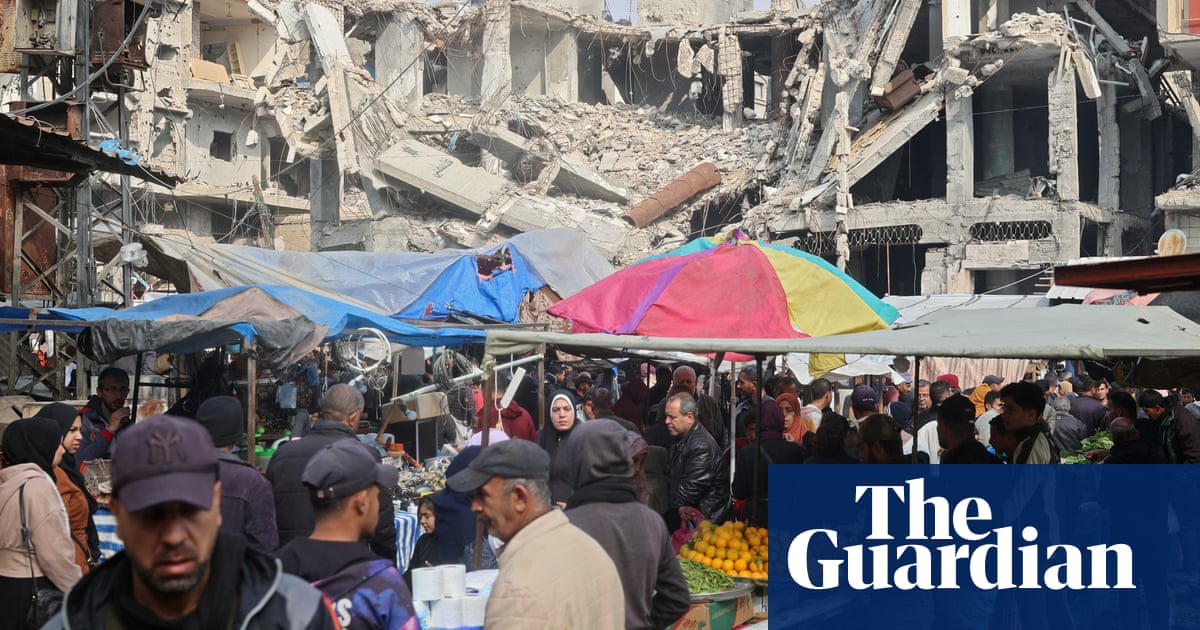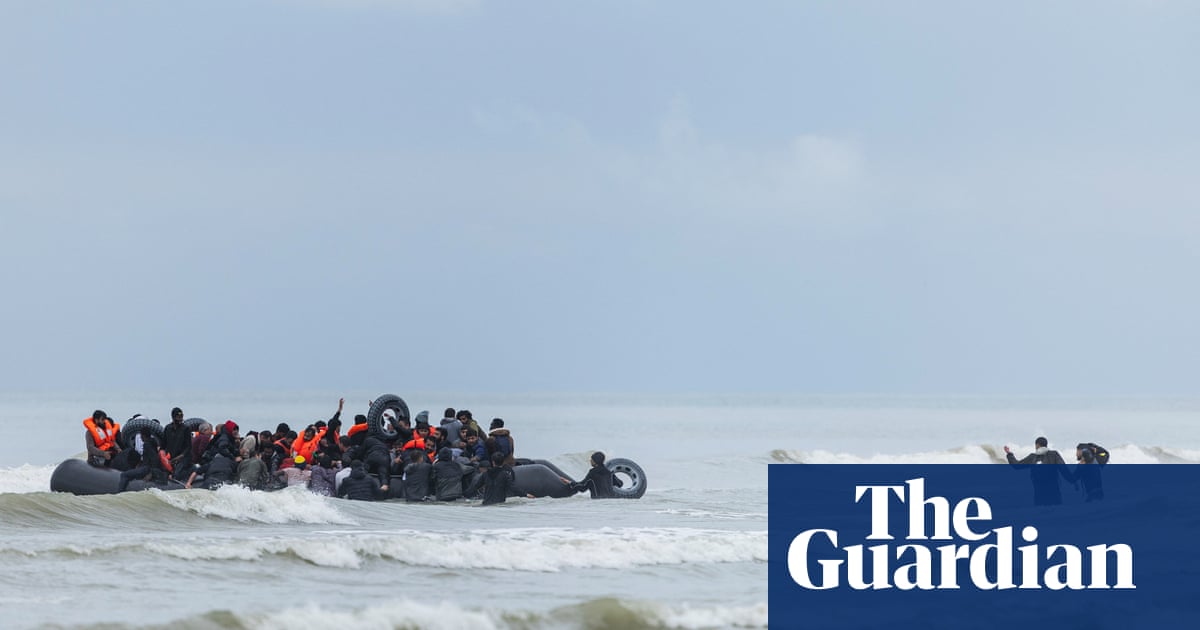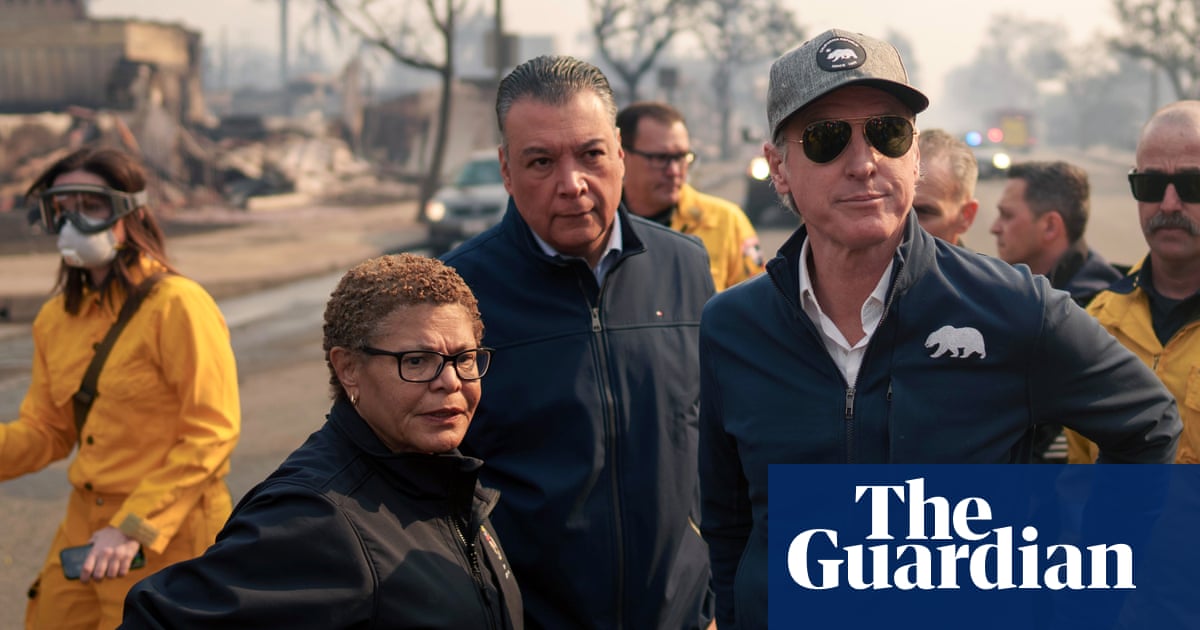The quintessential “bad place” is one of the staples of horror fiction. For Stephen King, the bad place – think the peculiar little town of Castle Rock or the Overlook Hotel in The Shining – most usually acts as a repository for a long-forgotten evil or injustice to resurface (often literally, like the dead cat from the desecrated Native American burial ground in Pet Sematary). For writers such as Robert Aickman, the nature of the bad place is more elusive, so deeply immured in time that its effects are felt more often than seen: a prickling at the back of the neck, a chilly intimation of doom that, when spoken aloud, is ignored or ridiculed by those who have so far managed to escape its spell.
So it is with Barrowbeck, a fictional village on the Lancashire-Yorkshire border that forms the centrepiece of Andrew Michael Hurley’s new collection of linked stories. We first approach Barrowbeck in midwinter. In First Footing, Celtic farmers have been driven from their homes on the Welsh border by Anglo-Saxon invaders. Desperately seeking shelter, they stumble into a narrow valley in a state of near-starvation. Their leader seeks counsel from the gods of earth, wind and water on whether he and his people will be allowed to stay. They are granted that permission, on the understanding that they will not own the land but be servants of it.
From this austere beginning, we follow the new settlement’s history from the deep past into the near future through a sequence of episodes in which again and again the forces of scientific enlightenment come into conflict with the powers of the unknown. In To Think of Sicily, set in 1445, the appearance of a foreign stranger in the valley is enough to have the most ordinary misfortune recast as witchcraft. By the late 18th century and The Strangest Case, empirical knowledge has evolved to the extent that even a minister of the church finds himself determined to “wean [the villagers] off this drivel about sorcery … They work among the marvels of science every day at the mill, and yet they talk of goblins.”
In defiance of both logic and progress, the talk of goblins – and angels and water-demons and haunted paintings – persists. In Natural Remedies, a childless couple living in the years before the second world war seek help from a local midwife. The birth of their daughter brings them joy in spite of its strangeness, but as is the way with devil’s bargains, there is a price to pay. Decades later, there are more new arrivals: in An Afternoon of Cake and Lemonade, disadvantaged children from Barnsley and Huddersfield are bussed into Barrowbeck to enjoy fresh air and bucolic freedoms unknown in the towns. Jason, the disgruntled son of trendy new minister “Pastor Keith”, is unimpressed by his father’s progressive optimism. His actions on a particular sunny afternoon in the early 70s will soon be added to the storehouse of Barrowbeck’s secrets.
As with Hurley’s previous work – his debut The Loney won the 2015 Costa Book of the Year, while his 2019 novel Starve Acre has recently been adapted for film – what distinguishes Barrowbeck as a piece of writing is its sense of place. Recurring characters and locations – Fitch Wood, Celts’ Cave, Pascal’s Fair – build the sense of a shared mythos, while the damp cellars and decaying outhouses, the teeming rain, the mossy roots of ancient trees, the grimly mouldering parlours and back rooms and hallways of houses in thrall to the past lend to the village itself a sense of inexorable decline.
More even than in earlier works, Hurley has made use of modern themes – social isolation, poverty and unemployment, the climate crisis – alongside the rural eeriness that has become his trademark. As in other recent novels that have sought to highlight rural deprivation – Ray Robinson’s Jawbone Lake and Claire Fuller’s Unsettled Ground spring most readily to mind – Barrowbeck brings to light some of the less idyllic and more rarely examined aspects of English country life in the 21st century. “It felt such a despondent place. So stagnant,” reflects Christopher Thomas, the auctioneer in Autumn Pastoral who finds himself oddly enthralled by the mostly worthless paintings he has been brought in to value. “Trapped in a state of shabbiness that was as pronounced now as it had always been.” The gentrification that has transformed other parts of Lancashire and Yorkshire has passed by this particular valley almost deliberately.
Barrowbeck began life as a series of 15-minute plays written for Radio 4, Voices in the Valley. Recasting them as a collection of stories has given Hurley the opportunity to bring greater complexity to his storylines as well as adding several new tales and strengthening the connections between them. There is also a deeper sense of darkness, with the elegiac tone of the radio series shifting towards outright horror: the passive memories of the pastor’s son in Pity morph into wilful deeds in An Afternoon of Cake and Lemonade. Similarly, the tragic accident that befalls a newcomer to the valley in A Celestial Event becomes a deliberate choice in the story’s written version. Even though some of these stories feel incomplete – Autumn Pastoral offers so many tantalising loose ends it could have been a novel in its own right – there is nonetheless a satisfying sense of continuity to the whole, a narrative arc that rewards the reader’s involvement and careful attention.
Barrowbeck joins that fascinating canon of fragmented novels that explore a particular landscape through the passage of time: Alan Garner’s Red Shift, Adam Thorpe’s Ulverton, Benjamin Myers’s Cuddy, Cynan Jones’s Stillicide (which also originated as a series of short radio plays). Hurley’s instinctive feel for language, his acute observation of the natural world and sure grasp of the tradition in which he is working make this dank little village a curiously seductive place to get lost in. And therein lies the problem, for if there is fault to be found with Barrowbeck it lies in an overreliance on tropes we already recognise: the miniature wicker men, the “Master” who repays illicit fruit-picking with a sojourn in hell, the weird B&B staffed by very weird twin sisters. Folk horror, born into the analogue, heat-hazed decade of the 1970s, is in essence a nostalgic genre: we tend to feel safe roaming its woodlands, even when we shouldn’t. The dangers here are sometimes too clearly signposted to pose a genuine threat.
after newsletter promotion

.png) 1 month ago
15
1 month ago
15



